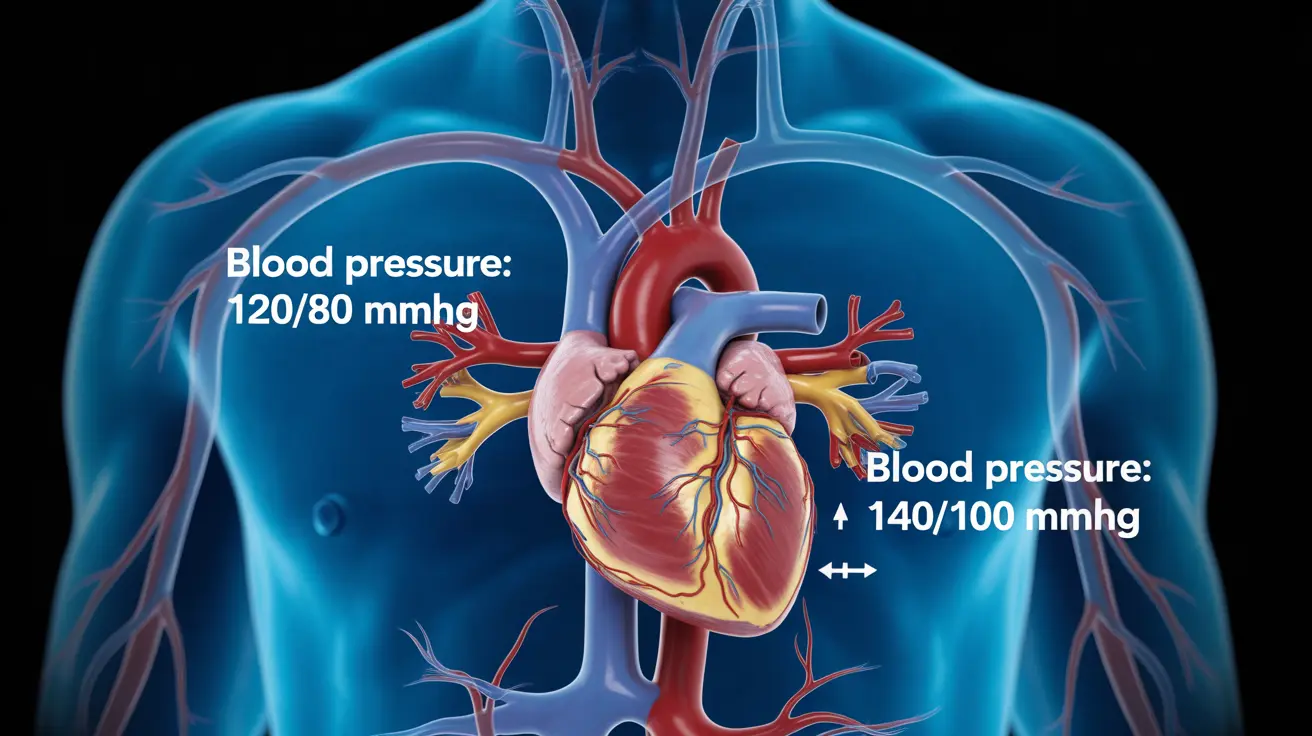Many people wonder about the relationship between alcohol consumption and blood pressure, particularly how drinking affects blood pressure levels the day after. This comprehensive guide explores the immediate and delayed effects of alcohol on blood pressure, helping you understand the risks and make informed decisions about your drinking habits.
Whether you're an occasional drinker or someone who regularly consumes alcohol, understanding its impact on your cardiovascular health is crucial for maintaining healthy blood pressure levels.
How Alcohol Affects Blood Pressure
Alcohol has a complex relationship with blood pressure, causing both immediate and delayed effects on your cardiovascular system. Initially, alcohol may temporarily lower blood pressure, but this effect is typically followed by a significant increase.
The Immediate Effects
When you first consume alcohol, it acts as a vasodilator, meaning it causes blood vessels to relax and widen. This temporary effect can actually lead to a slight decrease in blood pressure. However, this initial response is deceptive and short-lived.
The Next-Day Impact
As your body processes alcohol, several physiological changes occur that can lead to elevated blood pressure the following day. These changes include increased sympathetic nervous system activity, heightened cortisol levels, and disrupted sleep patterns, all of which can contribute to higher blood pressure readings.
Understanding the Duration of Effects
The blood pressure-raising effects of alcohol typically peak 12-24 hours after your last drink. For most people, these effects can last anywhere from 24 to 48 hours, depending on various factors including:
- Amount of alcohol consumed
- Individual tolerance levels
- Overall health status
- Pre-existing blood pressure conditions
- Hydration levels
The Impact of Different Drinking Patterns
Binge Drinking Effects
A single episode of binge drinking can cause significant spikes in blood pressure the following day. This acute elevation puts additional stress on your cardiovascular system and can be particularly dangerous for individuals with pre-existing hypertension.
Regular Consumption
Consistent alcohol consumption, even at moderate levels, can lead to long-term blood pressure issues. Regular drinkers may experience sustained elevation in blood pressure levels, potentially contributing to chronic hypertension.
Prevention and Management Strategies
To minimize alcohol's impact on your blood pressure, consider implementing these practical steps:
- Limit alcohol consumption to recommended guidelines
- Stay well-hydrated while drinking
- Avoid binge drinking episodes
- Monitor your blood pressure regularly
- Maintain a healthy lifestyle with proper diet and exercise
- Consider alcohol-free days each week
Frequently Asked Questions
Does alcohol raise blood pressure the day after drinking, and how long does this effect last?
Yes, alcohol typically raises blood pressure the day after drinking, with effects lasting 24-48 hours. The peak elevation usually occurs 12-24 hours after your last drink, gradually returning to normal as your body processes the alcohol.
Can even a single episode of binge drinking cause my blood pressure to increase the next morning?
Yes, even one instance of binge drinking can cause significant blood pressure elevation the next day. This occurs due to various physiological responses including increased sympathetic nervous system activity and stress hormone production.
How does regular low to moderate alcohol consumption affect blood pressure over time?
Regular alcohol consumption, even at low to moderate levels, can contribute to sustained blood pressure elevation over time. This long-term effect may increase the risk of developing chronic hypertension.
Why does alcohol initially lower blood pressure but then cause it to rise afterward?
Alcohol initially acts as a vasodilator, causing blood vessels to relax and temporarily lower blood pressure. However, as your body metabolizes the alcohol, it triggers various physiological responses that lead to blood pressure elevation, including increased heart rate and blood vessel constriction.
What steps can I take to prevent alcohol-related increases in blood pressure?
To minimize alcohol's impact on blood pressure, limit your alcohol intake, stay hydrated, avoid binge drinking, maintain regular exercise, eat a healthy diet, and consider taking regular breaks from alcohol consumption. If you have concerns about your blood pressure, consult with your healthcare provider.




